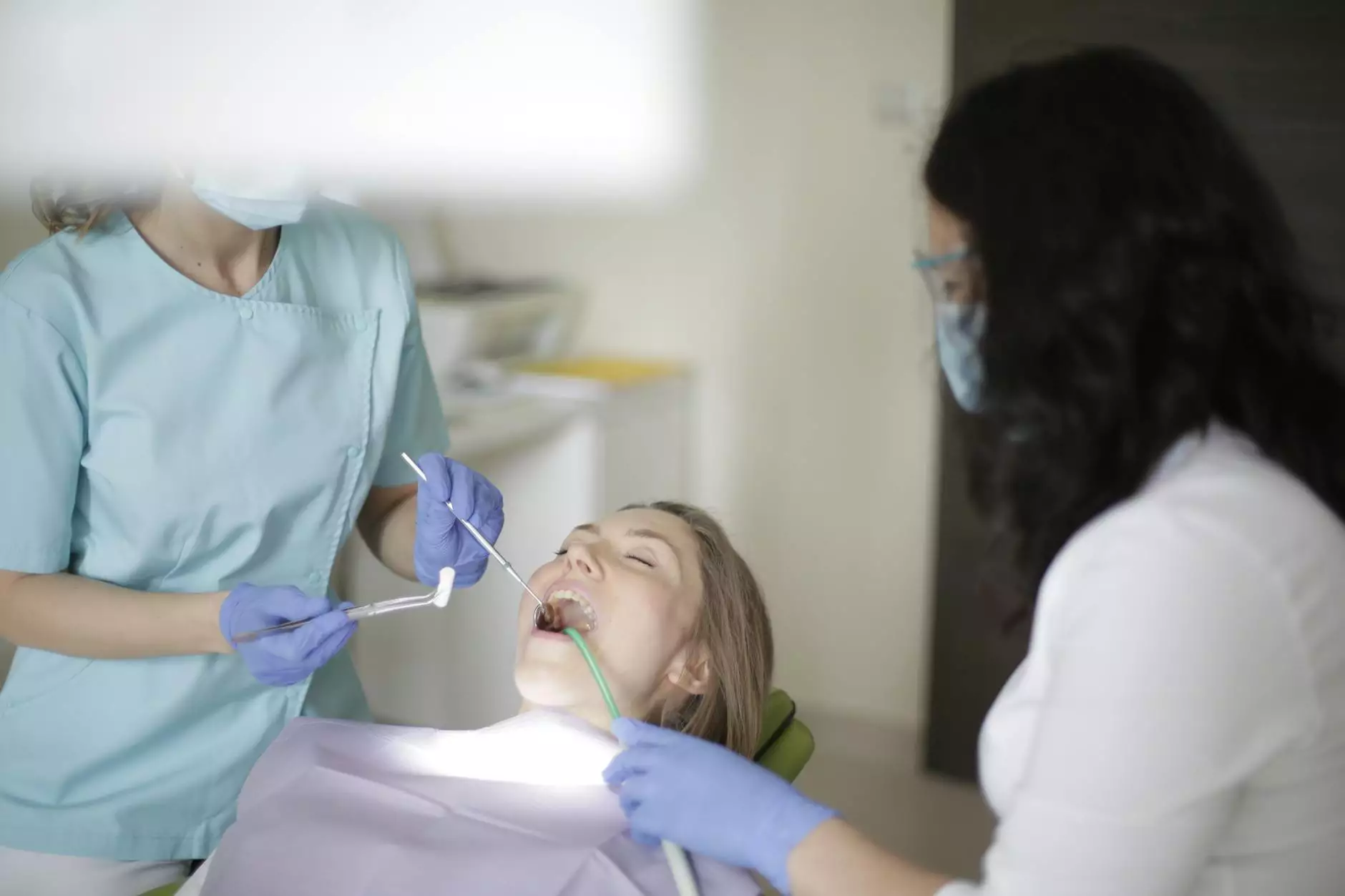How Certain Medications Could Cause Gum Problems
Blog
The Connection Between Medications and Gum Problems
Gum problems can be influenced by various factors, and medications are one of them. Certain medications, while providing necessary health benefits, can have side effects that affect oral health. It's important to understand how these medications can contribute to gum issues and take appropriate measures to maintain good oral hygiene. As a trusted provider of dental services in Delray Beach, Robert Miller, DDS is here to educate you about the link between medications and gum problems.
Common Medications That Can Cause Gum Problems
Several classes of medications have been associated with gum problems, including:
- Corticosteroids
- Anticonvulsants
- Immunosuppressants
- Antidepressants
- Calcium channel blockers
- Oral contraceptives
- Chemotherapy drugs
These medications can contribute to gum problems by causing side effects such as gum inflammation, increased susceptibility to infections, and delayed healing. The severity of these effects can vary depending on the specific medication, dosage, and individual factors. It's essential to discuss your medications and any potential oral health concerns with your healthcare provider and dentist.
Effects of Medications on Gum Health
Medications that can cause gum problems may lead to:
- Gum inflammation and redness
- Gum bleeding
- Gum recession
- Gum sensitivity
- Delayed healing after dental procedures
- Increased risk of gum infections
If you experience any of these symptoms while taking medications, it's important to seek professional dental care to prevent further complications.
Preventive Measures for Maintaining Gum Health
While some gum problems caused by medications may be unavoidable, there are several preventive measures you can take to maintain gum health:
- Maintain a thorough oral hygiene routine: Brush your teeth twice a day with a soft-bristled toothbrush, floss daily, and use an antimicrobial mouthwash.
- Attend regular dental check-ups: Schedule routine appointments with your dentist to monitor and address any potential gum issues.
- Inform your dentist about your medications: Provide your dentist with a comprehensive list of all the medications you are taking, including prescription drugs, over-the-counter medications, and supplements.
- Consider alternative medications: If possible, discuss with your healthcare provider the possibility of switching to alternative medications that have a lower risk of causing gum problems.
- Manage dry mouth: Some medications can cause dry mouth, which can contribute to gum problems. Stay hydrated, avoid tobacco and alcohol, and consider using saliva substitutes or specialized dental products for dry mouth relief.
Expert Dental Services for Addressing Medication-Related Gum Problems
At Robert Miller, DDS, we understand the impact that medications can have on oral health. Our experienced team specializes in providing comprehensive dental services to address gum problems associated with medications. We offer personalized treatment plans tailored to your unique needs, focusing on restoring and maintaining your gum health.
Our services include:
- Thorough dental examinations and assessments
- Professional cleanings to remove plaque and tartar buildup
- Treatment of gum inflammation and infections
- Gum recession management
- Recommendations for oral hygiene products suitable for medication-related gum problems
- Guidance on preventive measures to minimize the impact of medications on your gum health
With our expertise and commitment to patient care, we strive to help you maintain optimal oral health despite the challenges posed by your medications. Contact Robert Miller, DDS today to schedule an appointment and take proactive steps towards preserving your gum health.




